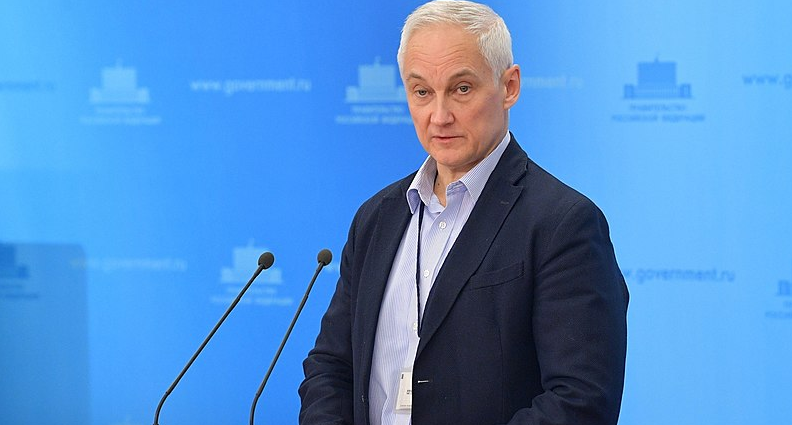Russia warns NATO over increasing U.S. drone flights over the Black Sea.
Others are reading now
Russian Defense Minister Andrey Belousov has instructed the General Staff to propose measures for responding to U.S. drone provocations.
The Ministry of Defense noted a significant increase in U.S. strategic drone flights over the Black Sea, escalating the risk of incidents with Russian Aerospace Forces and potential direct confrontation with NATO.
The Ministry of Defense highlighted that the intensification of U.S. drone operations in the Black Sea greatly increases the chances of airborne incidents, potentially leading to direct conflicts between NATO and Russia.
The responsibility for such incidents, they stated, lies with NATO countries.
Also read
U.S. Drones Assisting Ukraine
According to the Ministry, American drones are conducting reconnaissance and designating targets for Ukraine’s precision weaponry, which is being used against Russian territory.
This indicates growing U.S. and NATO involvement in the Ukraine conflict on the side of Kyiv, according to the Russian Ministry of Defense.
Kremlin spokesman Dmitry Peskov deferred to the Ministry of Defense on whether Russia has the right to shoot down U.S. reconnaissance drones over the Black Sea, following an attack on Sevastopol on June 23. Military correspondent Alexey Zhivov claimed that an American RQ-4 Global Hawk drone aided Ukrainian forces in targeting during the Sevastopol attack.
On June 25, the Telegram channel FighterBomber, reportedly run by a former military pilot, mentioned a mysterious incident involving a U.S. RQ-4B Global Hawk drone over the Black Sea. Initially, details were sparse, but it was speculated that a Russian fighter jet might have downed the drone. This speculation was later debunked.
The next day, the FighterBomber channel provided more details, stating that a Russian MiG-31 did not fire at or engage aggressively with the U.S. drone. The incident echoed the March 14, 2023, event when a Russian Su-27 intercepted and damaged an American MQ-9 Reaper drone, leading to its crash into the Black Sea. That incident was attributed to unfortunate coincidences.
During the recent incident, the RQ-4B Global Hawk was conducting reconnaissance along the Black Sea coast and Crimea. The expert explained that unlike the MQ-9 Reaper, the Global Hawk is a large strategic drone capable of flying at altitudes over 16 kilometers for extended periods. Coincidentally, a Russian MiG-31 flew overhead at high speed, causing the Global Hawk to alter its flight parameters and abort its mission.
The FighterBomber channel emphasized that the MiG-31, flying at 2.3 Mach (over 2800 kilometers per hour), did not engage the drone. The RQ-4B Global Hawk, which typically operates at around 16,000 meters, encountered flight adjustments due to the MiG-31’s passage, leading it to return to base.


